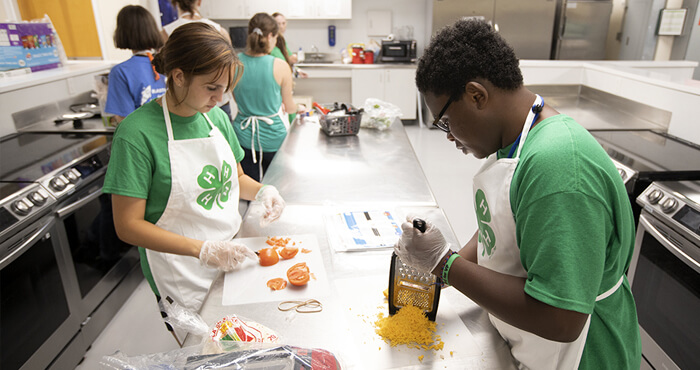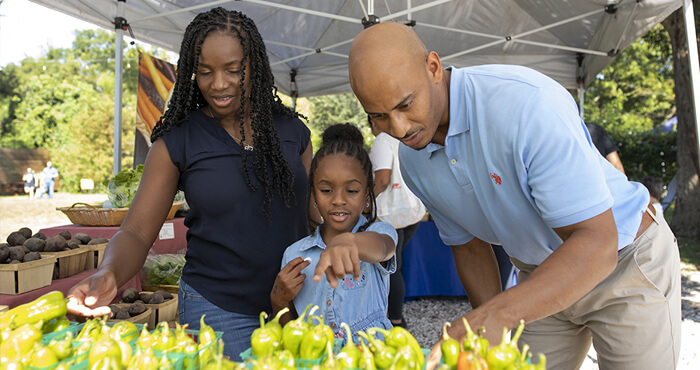
Maintenance Safety
This page provides resources and information related to safety in agriculture.
Agricultural Worker Safety
UF/IFAS Site
Preventing Injuries
You can reduce the risk of injuries by keeping your equipment—tractors, harvesters, and other machines—in good condition. Here are some general maintenance and safety tips. Remember, you can't be too careful!
Be Consistent
- Perform maintenance on a regular schedule. Record the dates of maintenance for each piece of equipment for future reference.
- Follow the maintenance recommendations in your user manuals and routinely adjust brakes, clutches, and drives.
- Keep all parts of your equipment—especially steering, ignition, exhaust system, and brakes—in top condition.
Turn It Off
- Turn the engine off and make sure it is stopped before refueling, servicing, or greasing. Allow the engine to cool before refueling.
- Allow an overheated engine to cool before removing the radiator cap.
- Turn off the power before removing or replacing pulley belts.
Stay Balanced
- Perform maintenance in a well-lit machine shed with a concrete floor and proper tools nearby.
- Use hardwood blocks for added support and stability if you have to jack on soil.
- Prevent slips and falls by keeping steps and working platforms free of grease and oil.
- Place ladders firmly on the ground, and lean them at a safe incline. Take extra care when using metal ladders to reduce the risk of electric shock.
Protect Yourself
- Always wear eye protection and other personal protective gear such as gloves, hard hats, and steel-toed shoes. Avoid loose-fitting clothing.
- Practice proper lifting techniques and wear a back support. If necessary, lift with a partner or use lifting equipment.
- Choose the correct tools for the job. Keep your tools in good condition, and follow safety guidelines when using them.
- Do not use your hands to check hydraulic lines for leaks. The lines can be under high pressure and cause injury. Use a piece of paper or cardboard instead.
- Carry a communication system—a cell phone or walkie-talkie—so that you can call for help in emergencies.
Adapted from:
C. Lehtola, "Safety for Equipment Repair and Maintenance," Safety News & Notes, Vol. 6, No. 4, Department of Agricultural and Biological Engineering (4/2005).
RESOURCES
UF/IFAS Publications
- Agribusiness
- Agricultural Safety
- Agronomy
- Crops
- Florida Forage Handbook
- Fruits and Vegetables
- Livestock and Poultry
- Nurseries and Greenhouses
- Soil and Water
- Sustainable Agriculture
- Weed Management in Field Crops and Pasture Grasses (WMG)
State & Federal Agencies
- Florida Department of Agriculture and Consumer Services (FDACS)
- Fish and Wildlife Research Institute--Florida Fish and Wildlife Conservation Commission
- Florida Department of Environmental Protection
- South Florida Information Access (SOFIA)—U.S. Geological Survey
- U.S. Department of Agriculture (USDA)
- U.S. Forest Service--USDA
- U.S. Environmental Protection Agency (EPA)
- U.S. Fish & Wildlife Service
- U.S. Geological Survey (USGS)





.jpg)

.jpg)